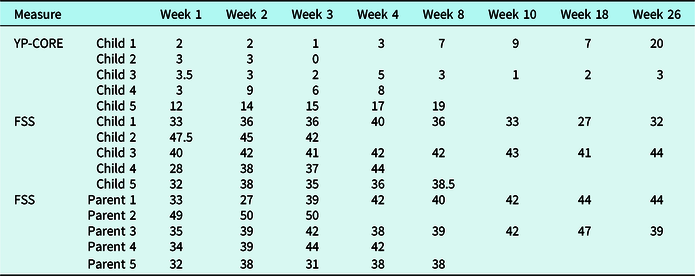Effectiveness and cost-effectiveness of humanistic counselling in schools for young people with emotional distress (ETHOS): study protocol for a randomised controlled trial, Trials
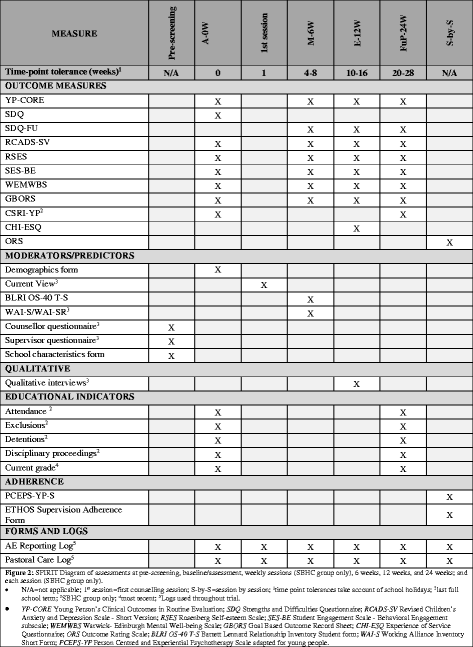
Background One in ten children in Britain have been identified as experiencing a diagnosable mental health disorder. School-based humanistic counselling (SBHC) may help young people identify, address, and overcome psychological distress. Data from four pilot trials suggest that SBHC may be clinically effective. However, a fully powered randomised controlled trial (RCT) is needed to provide a robust test of its effectiveness, to assess its cost-effectiveness, and to determine the process of change. Methods/design The Effectiveness and Cost-effectiveness Trial of Humanistic Counselling in Schools (ETHOS) is a two-arm, parallel-group RCT comparing the clinical and cost-effectiveness of SBHC with Pastoral Care as Usual (PCAU) in school settings. Eligibility criteria for young people include being between 13 and 16 years of age and experiencing moderate to severe levels of emotional distress. Participants are randomised to receive either SBHC or PCAU. SBHC is delivered in up to 10 weekly, individual sessions in their school with a qualified, experienced counsellor who has also received training using a clinical practice manual. Adherence to the SBHC model is assessed by a sub-team of auditors and in clinical supervision. PCAU consists of the schools’ pre-existing systems for supporting the emotional health and well-being of students. The primary outcomes are psychological distress measured using the Young Person’s Clinical Outcomes in Routine Evaluation (YP-CORE) and costs evaluated using the Client Service Receipt Inventory (CSRI). Secondary outcomes include psychological difficulties, levels of depression, anxiety and self-esteem, well-being, school engagement, educational outcomes and achievement of personal goals. Qualitative interviews with participants, parents and school staff will look to identify the mechanisms of change in SBHC. Researchers administering the measures are blind to allocation. The trial requires n = 306 participants (n = 153 in each group), with 90% power to detect a standardised mean difference (SMD) of 0.5. An intention-to-treat analysis will be undertaken. Discussion This RCT is powered to detect clinically meaningful differences, and will make a major contribution to the evidence base for mental health provision for adolescents. It will have implications for all stakeholders, including policy-makers, statutory advisory bodies for child welfare, head teachers, children and young people practitioners, child welfare and parenting organisations, and young people. Trial registration Controlled Trials International Standard Randomised Controlled Trial Number (ISRCTN) Registry, ID: ISRCTN10460622 . Registered on 11 May 2016.

Randomised controlled trial of school-based humanistic counselling for emotional distress in young people: Feasibility study and preliminary indications of efficacy, Child and Adolescent Psychiatry and Mental Health

Mick Cooper on LinkedIn: Humanistic counselling plus pastoral care as usual versus pastoral care as…
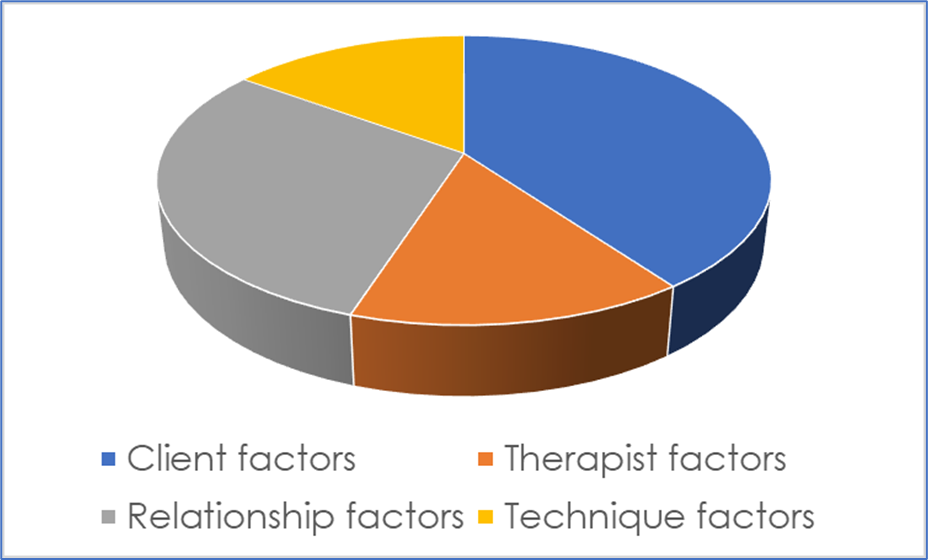
Pluralistic — Blog — Mick Cooper Training and Consultancy

Effectiveness of counselling and psychotherapeutic interventions for people with dementia and their families: a systematic review, Ageing & Society
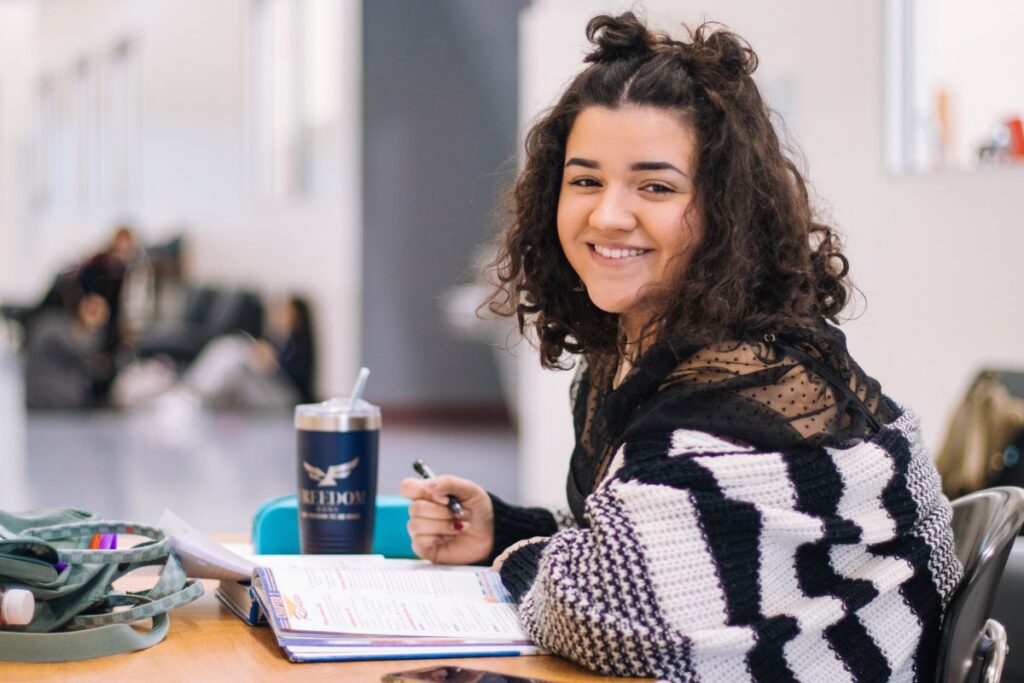
School based humanistic counselling for children and young people in UK

Clinical Psychology Today – Page 3 – Clinical Psychology Today

School counselling — Mick Cooper Training and Consultancy
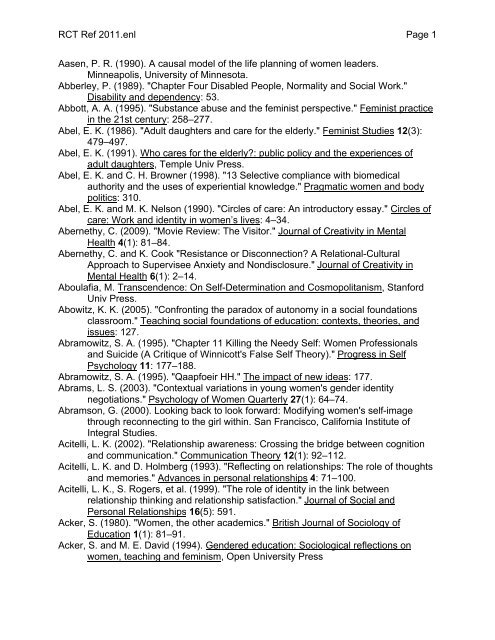
EndNote X1 - RCT Ref 2011 - Jean Baker Miller Training Institute

Previous history and treatment of depression and anxiety

Promotion

DOC) Effectiveness of school-based humanistic counselling for psychological distress in young people

Megan Stafford BSc, Clin.Dip.Integ.Psych., MSc - Programme Convener & Senior Lecturer - University of Roehampton
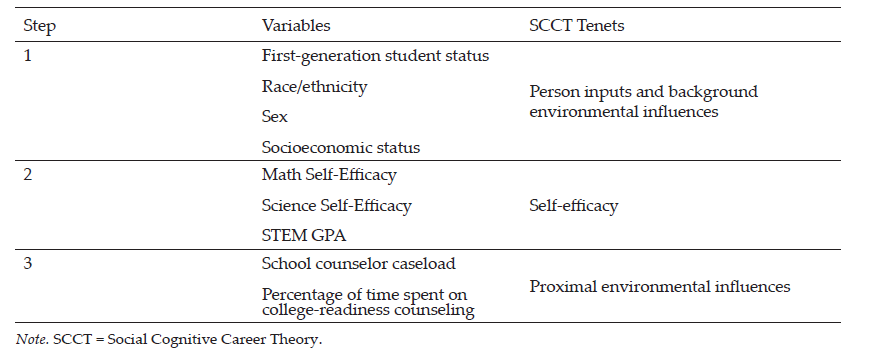
Volume 11 - Issue 4 - The Professional Counselor


